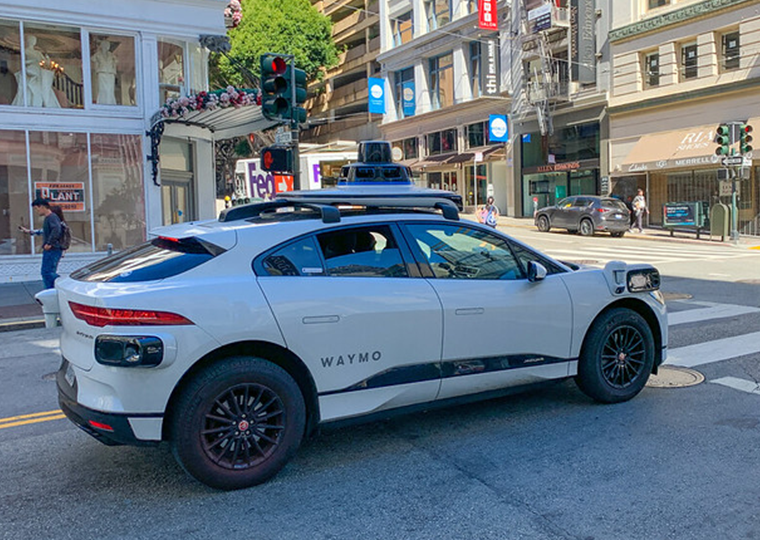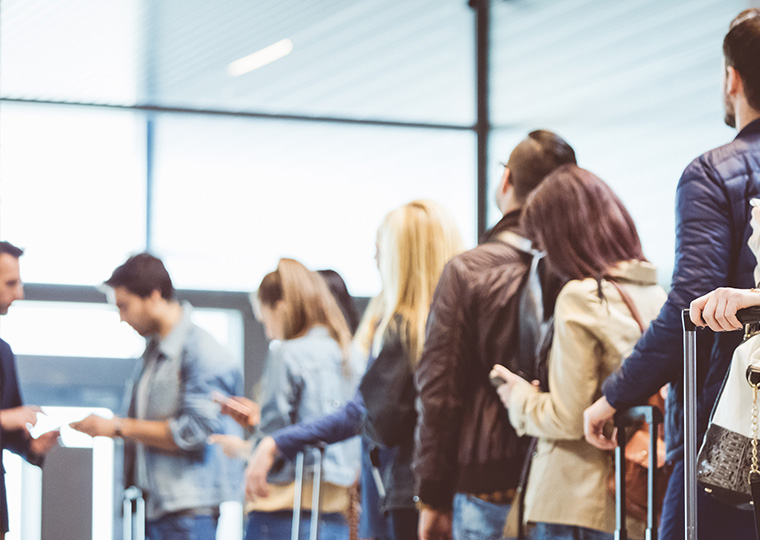And if so, who’s going to pay?
Cities and transit systems across the county have been experimenting by subsidizing rides with Uber and other car services in so-called first mile/last mile programs that connect commuters from their homes to transit stations.
Some programs have provided the rides free to commuters, so long as they’re going between a transit stop and home; others have offered discounts.
The programs are aimed at increasing ridership in less dense metro areas where commuters live well beyond walking distance of a transit stop. The last-mile problem is one of the reasons public transit ridership, even before COVID-19, had fallen, leaving 98% of systems in the U.S. in financial crisis.
Now, of course, the coronavirus makes the thought of squeezing into crowded buses and subway cars frightening to many. Once normalcy returns, though, cities again will be trying to get more people onto public transportation. Beyond a handful of very dense cities that includes New York and San Francisco, the last-mile problem looms large. It can’t be solved by more park-and-ride lots, since available land is scarce, expensive and usually better suited for other uses.
Opt In to the Review Monthly Email Update.
A working paper by UCLA Anderson’s Auyon Siddiq, Christopher S. Tang and Jingwei Zhang, a Ph.D. student, considers two ways to subsidize last-mile rides:
- A “congestion” fee charged to commuters who drive to work.
- Contributions from businesses — cafes, bakeries, dry cleaners and others — that could take advantage of increased foot traffic around transit stations.
The researchers, knowing municipalities’ budgets are already strained, looked for an approach that wouldn’t require cities and transit systems to contribute to the subsidy. And they also sought a model that wouldn’t impose what in the U.S. are considered extreme costs on commuters. With those parameters, which perhaps approximate political reality in most U.S. metro areas, either approach offers gains, but not dramatic ones.
Congestion fees have been used by Singapore, London and, most recently, New York to control traffic volumes in clogged urban cores. In London, the fees have been credited with reducing pollution, cutting traffic and increasing bus ridership, and in 2016–17 raised nearly ₤250 million, or about $330 million.
The researchers suggest that congestion fees can be the best way to subsidize last-mile trips to boost transit ridership. But they caution that congestion fees won’t likely cover the entire subsidy for last-mile trips and thus aren’t a revenue-neutral solution for cities. A congestion fee high enough to cover the subsidy entirely would be viewed as a burden to driving commuters. The fees are effective, of course, at reducing traffic and also reducing greenhouse gas emissions.
So, what about getting local merchants to support the subsidy? Under a largely untested mechanism the authors explore, the subsidy would be paid by businesses that might see more traffic if there were more transit riders. Starbucks, for instance, could buy ads on the city’s mobility app, or the app might include a rewards program that gives riders points to use to pay for ride-hail trips.
The Miami-Dade transit system recently rolled out a system in which users of its Go Miami-Dade app can watch ads and earn points they can redeem for transit rides.
The authors contend such a system could deliver greater benefits to all parties than one using congestion fees. They caution that widespread use by commuters, however, would be beyond the financial means of a group of local merchants. It’s thus a smaller-scale solution but one that might be revenue-neutral.
“Our findings suggest that an appropriately designed public-private partnership may be a cost-effective solution for governments that wish to improve adoption of other socially beneficial goods or services,” the authors write.
Featured Faculty
-
Auyon Siddiq
Assistant Professor of Decisions, Operations and Technology Management
-
Christopher Tang
UCLA Distinguished Professor; Edward W. Carter Chair in Business Administration; Senior Associate Dean, Global Initiatives; Faculty Director, Center for Global Management
About the Research
Siddiq, A., Tang, C., & Zhang, J. (2020). Partnerships in urban mobility: Incentive mechanisms for improving public transit adoption.






